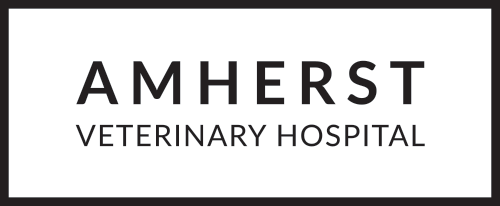Here is a recent article in the news about a dog that died on Vancouver Island due to Leptospirosis.
We have received multiple calls from concerned clients as to whether they need to worry about this disease for their dogs. Although not a common disease, Leptospirosis is present in the Lower Mainland and we have diagnosed this disease in our patients. It is a serious and potentially life threatening disease but one that can be prevented through vaccination.
Below is more information about Leptospirosis:
What is Leptospirosis?
Leptospirosis is a zoonotic bacterial disease that affects our dogs and can be transmitted to humans. Wild and domestic animals such as raccoons, skunks, rats and other dogs act as the reservoir for the bacteria. Leptospirosis is excreted in the urine of these animals and survives best in fresh water sources such as puddles, other standing water sources, lakes, ponds and rivers. It does well in warm, moist, temperature climates. Sound familiar to a typical autumn or spring in Vancouver?
One possible carrier of Leptospirosis is the Raccoon, a common critter in the lower mainland. Infected dogs are likely to begin showing symptoms 2-12 days post infection.
Symptoms can include:
- Lethargy
- Fever
- Poor appetite
- Vomiting
- Diarrhea
- Infection leads to kidney failure and can involve the liver.
It is also a zoonotic disease meaning that people who come in contact with Leptospirosis can become infected as well.
Treatment and Prognosis
Treatment will involve hospitalization, intravenous fluids and antibiotics. Dogs are often hospitalized for multiple days and prognosis will depend on how early the disease is detected and how severely the kidneys and/or liver are affected. It is not uncommon to see ongoing kidney and liver dysfunction in surviving patients.
Prevention
Besides discouraging your dog from ingesting water from ponds, puddles and while swimming, the best defense against Leptospirosis is prevention through vaccination. The vaccination is given once, boosted one month later and then continued annually.
I would recommend this vaccine for dogs that live in the Lower Mainland, have access to puddles, mud and ponds and frequents areas in which raccoons, skunks or rats can be found. Practically, given the prevalence of urban wildlife to most of our dogs, this vaccine is a good idea for the majority of the dogs we see at Amherst Veterinary Hospital.
Dr. Loretta Yuen D.V.M

